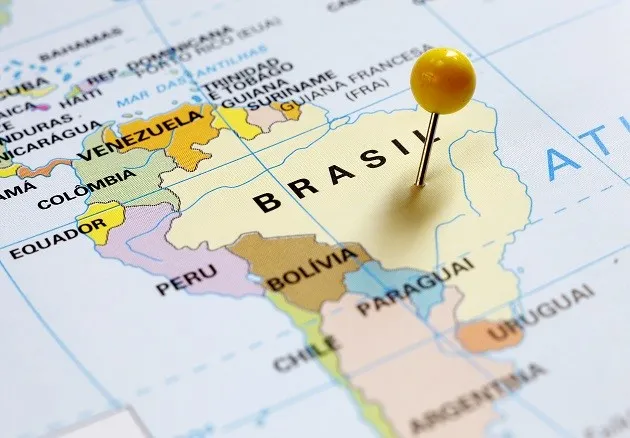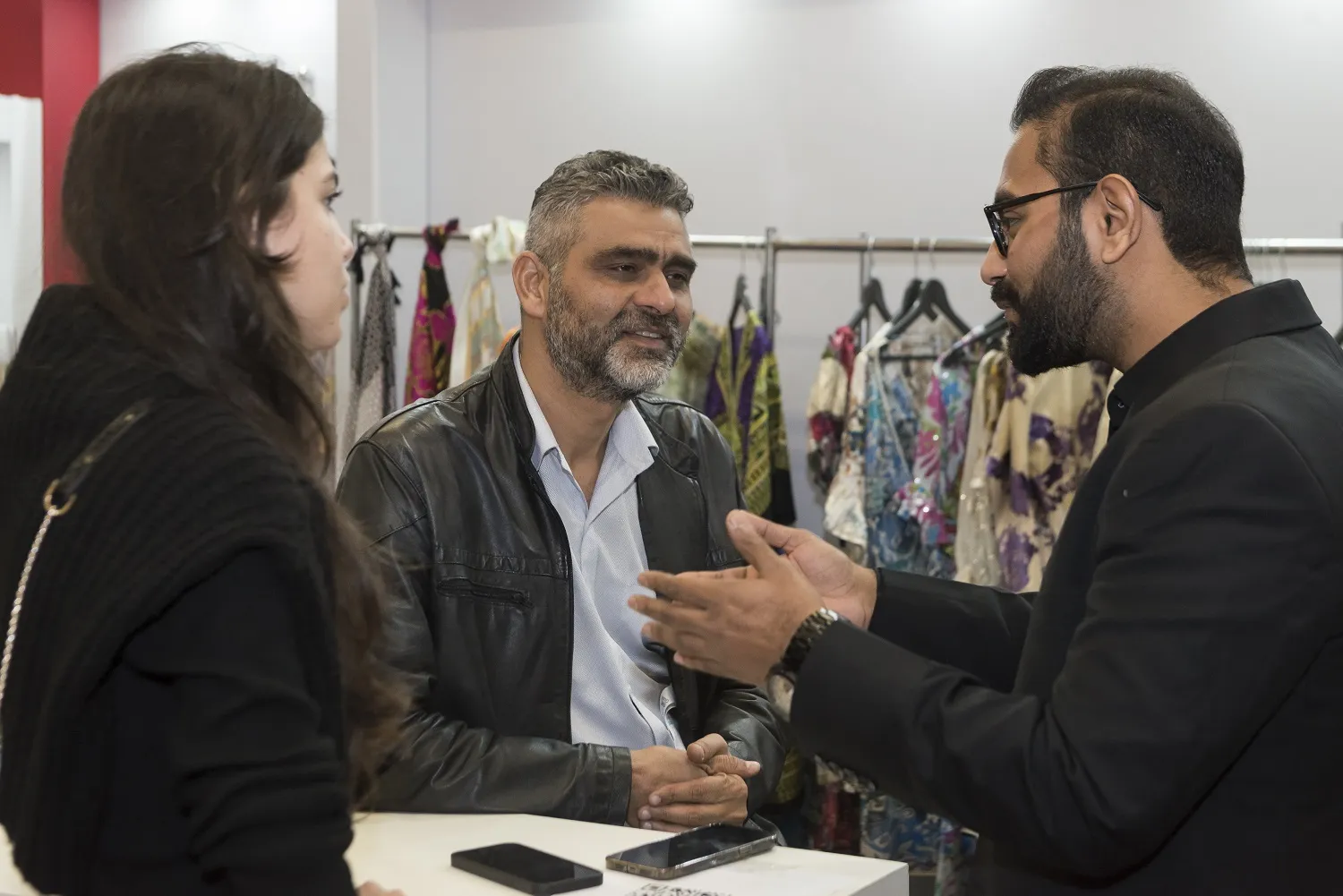Why Brazil
Massive and Growing Consumer Market: Brazil possesses the second-largest economy (US $1.61 trillion in 2021) and the second-largest population (213 million) in the Western Hemisphere. With a rapidly growing middle class, Brazil is one of the largest consumer markets in the world. The demand for fashion and apparel is increasing, driven by urbanization and a youthful population that prioritizes style and global trends. Manufacturers entering the Brazilian sourcing market can tap into this vast and dynamic consumer base.
Demand for International Brands and Trends: Brazilian consumers have a strong appetite for international brands and high-quality imported products. The growing influence of Western and Asian fashion trends, combined with a willingness to pay for premium and exclusive items, makes Brazil an attractive market for global textile and apparel companies looking to expand their reach.
Expanding E-Commerce Sector: Brazil’s e-commerce market is booming, with fashion and apparel ranking among the top-selling categories. Increasing internet penetration and widespread use of smartphones have made online shopping accessible to a larger audience. Manufacturers selling to Brazil can leverage e-commerce platforms to reach customers directly and establish a strong digital presence in one of the fastest-growing online retail markets.


Opportunities in Niche Markets: Brazil's diverse population and regional variations offer opportunities in niche markets, such as activewear, plus-size clothing, and sustainable fashion. With a strong focus on fitness and sports, Brazil is a leading market for activewear, while its commitment to sustainability aligns with rising consumer preferences for eco-friendly and ethically produced apparel.
Government Incentives for Imports and Trade Agreements: Brazil has been modernizing its trade policies to encourage imports of quality goods. While high tariffs have historically been a challenge, the government is working to simplify import processes and reduce barriers for specific product categories. Additionally, trade agreements like Mercosur facilitate market entry for regional manufacturers, making it easier for global companies to establish their presence.
Brazil is expected to become one of the five largest economies in the world. Selling to Brazil provides global textile and apparel manufacturers with access to a dynamic, trend-driven market that values quality and innovation. By understanding local preferences and leveraging the country's growing digital infrastructure, businesses can achieve significant growth and long-term success in this vibrant market.






